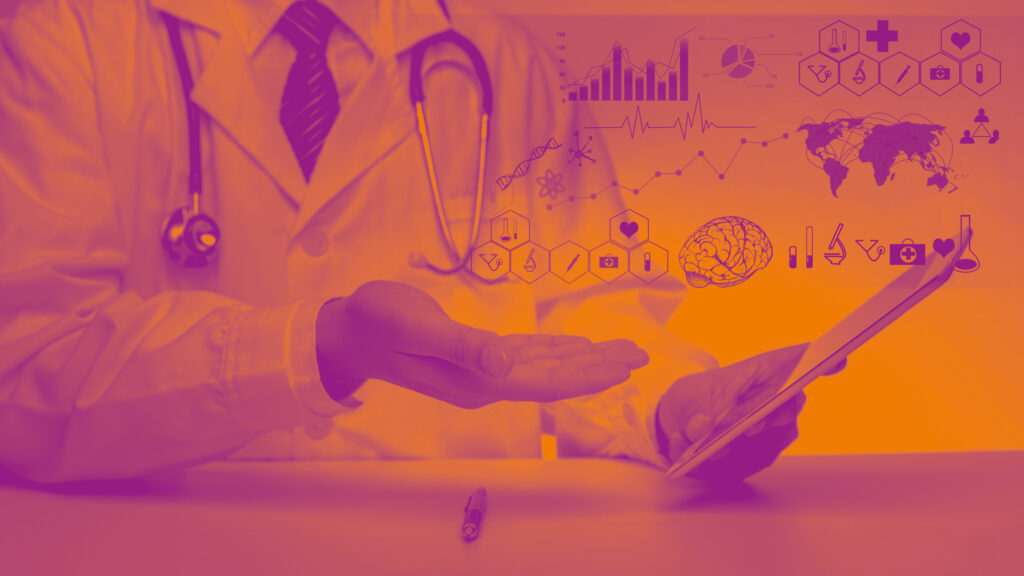
Italy’s healthcare system continues its journey toward digital transformation. The latest research from the Digital Health Observatory of the POLIMI School of Management captures the progress made so far—while also highlighting the challenges that remain. GPI is proud to be a partner in this initiative, contributing its technological expertise to support the system’s evolution.
Key figures in the transformation
- €2.47 billion invested (+12% year-over-year)
- Over 50% of General Practitioners have conducted televisits
- 41% of citizens actively use the Electronic Health Record (EHR)
- 46% of GPs and 26% of specialists have used Generative AI tools
- Community pharmacies are emerging as new hubs for digital proximity care
According to the Observatory, digital health spending in Italy has increased by 12% over the past year.
The growing use of Telemedicine, the Electronic Health Record (EHR), and Artificial Intelligence signals the start of a transformation impacting both professionals and citizens.
However, the report also underlines the importance of consolidating this transformation—by turning pilot projects into structured practices within a coherent, sustainable technological and regulatory framework.
From vision to implementation
Driving this transformation requires reliable technologies, proven expertise, and the ability to translate national strategies into actionable solutions.
GPI brings its extensive know-how to the table, built through years of collaboration with healthcare organizations, public authorities, and professionals in Italy and abroad.
Our goal is to help shape a more connected, intelligent, and people-centered healthcare system.
From strategy to practice
📌 Telemedicine
We design and implement Telemedicine platforms aligned with PNRR objectives and local healthcare needs. Our systems support televisits, telemonitoring, and teleconsultations, with a strong focus on care pathway integration and continuity of care.
Focus: continuous monitoring, secure televisits, multidisciplinary collaboration.
📌 Artificial Intelligence
Adopting AI in healthcare requires validated, secure tools that integrate seamlessly into clinical workflows. Our predictive models and generative AI applications support operational management, document summarization, and data analysis—delivering value to both professionals and organizations.
Focus: validated algorithms, transparency, native EHR integration.
📌 EHR and EMR
Unlocking the value of clinical data also depends on robust digital infrastructure. Our technologies help healthcare providers streamline Electronic Medical Record (EMR) management, ensure interoperability with the next-generation Electronic Health Record (EHR), and contribute to building a stronger, more accessible national health data ecosystem.
Focus: data quality, open architecture, security by design.
📌 Community-based access points
Pharmacies and other community-based access points play a key role in bringing digital health services closer to citizens. Our solutions enable more effective, inclusive, and sustainable models of proximity care.
Focus: telecardiology, remote diagnostics, new screening services.
A shared journey
The Observatory confirms that the digital transition in healthcare is well underway—yet still in a consolidation phase.
In this context, it is essential to rely on trusted digital solutions and a partner capable of supporting long-term change.
